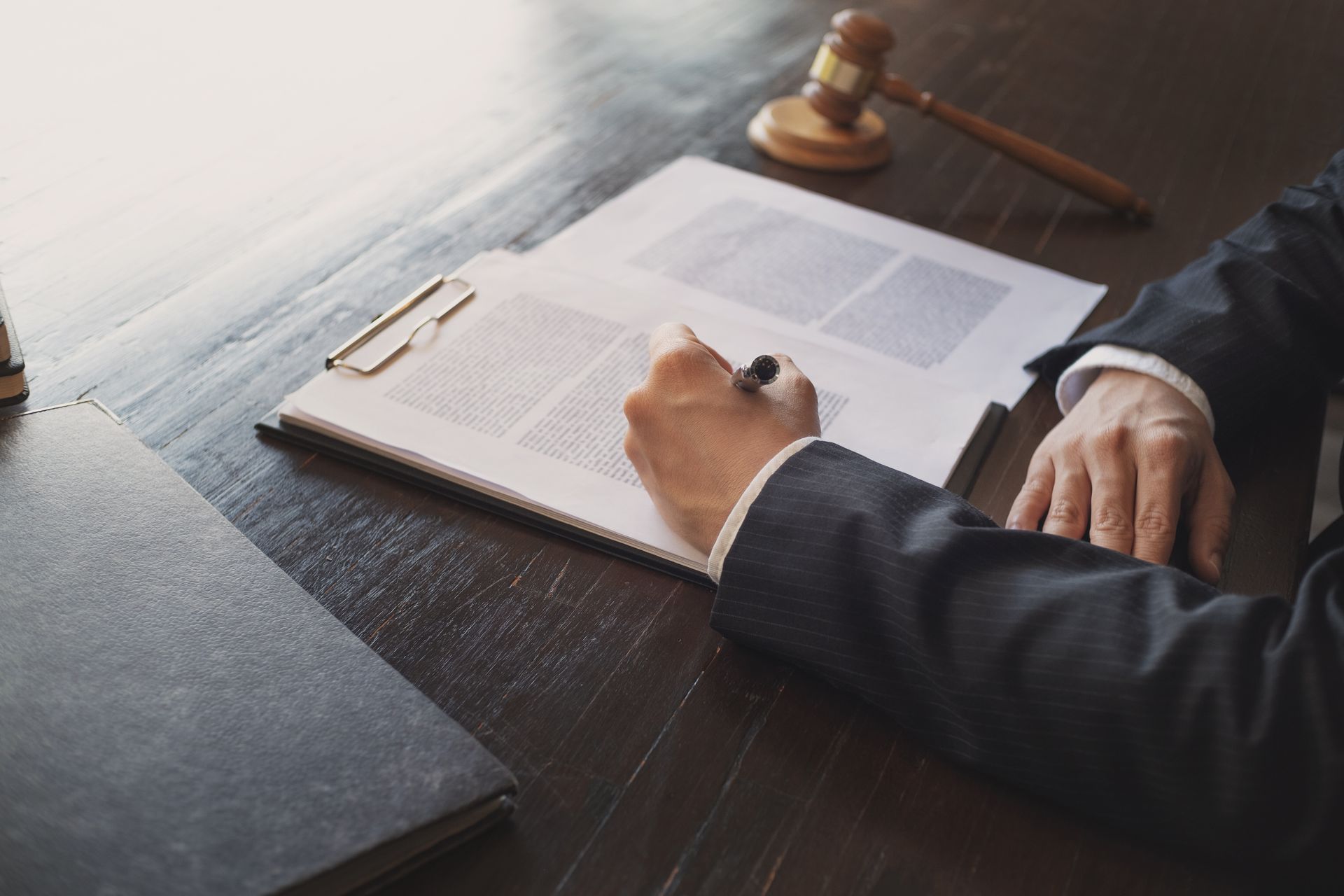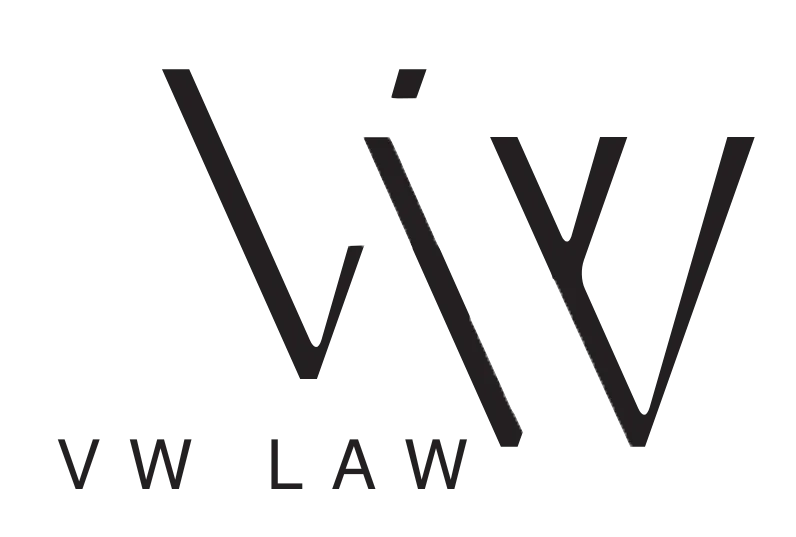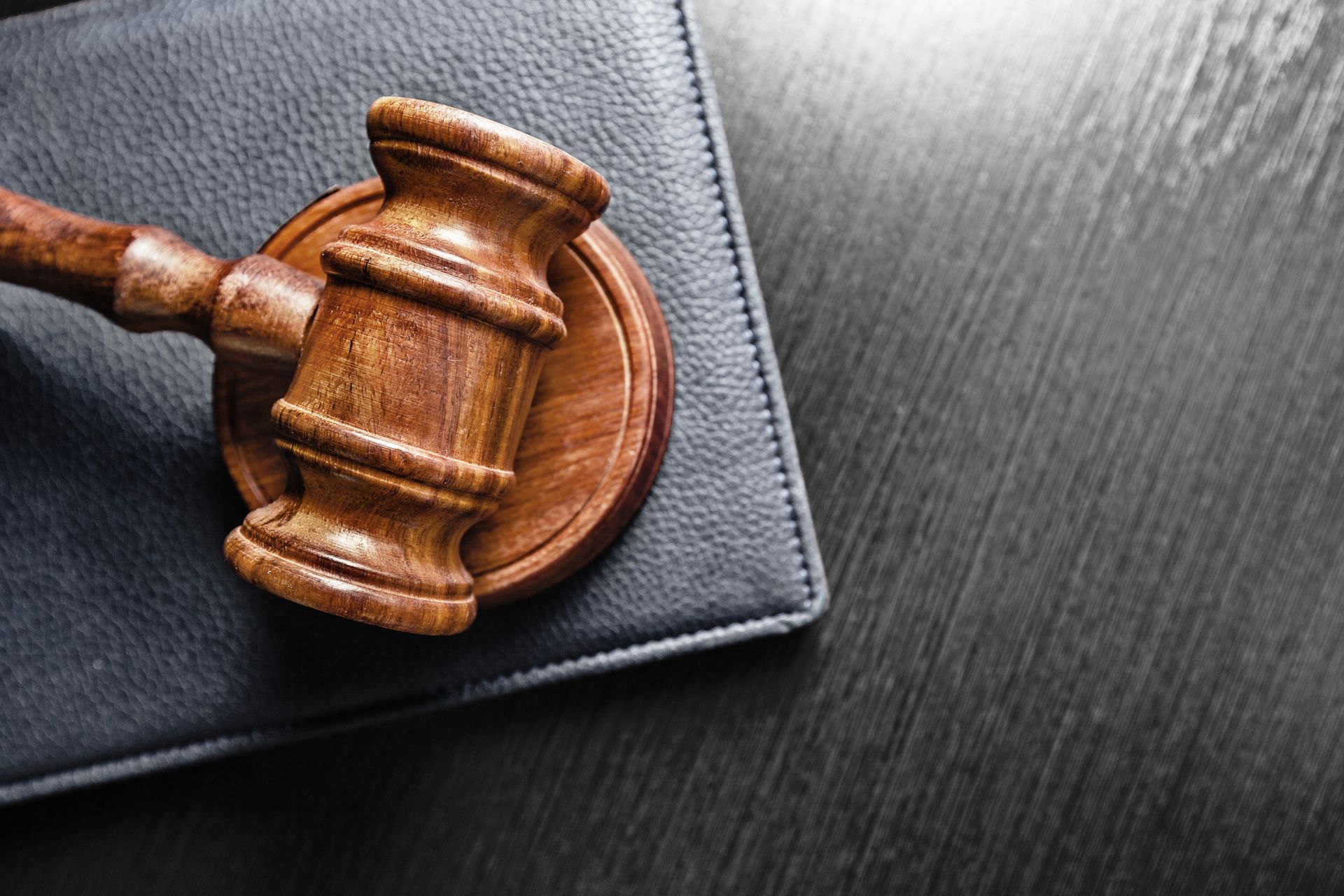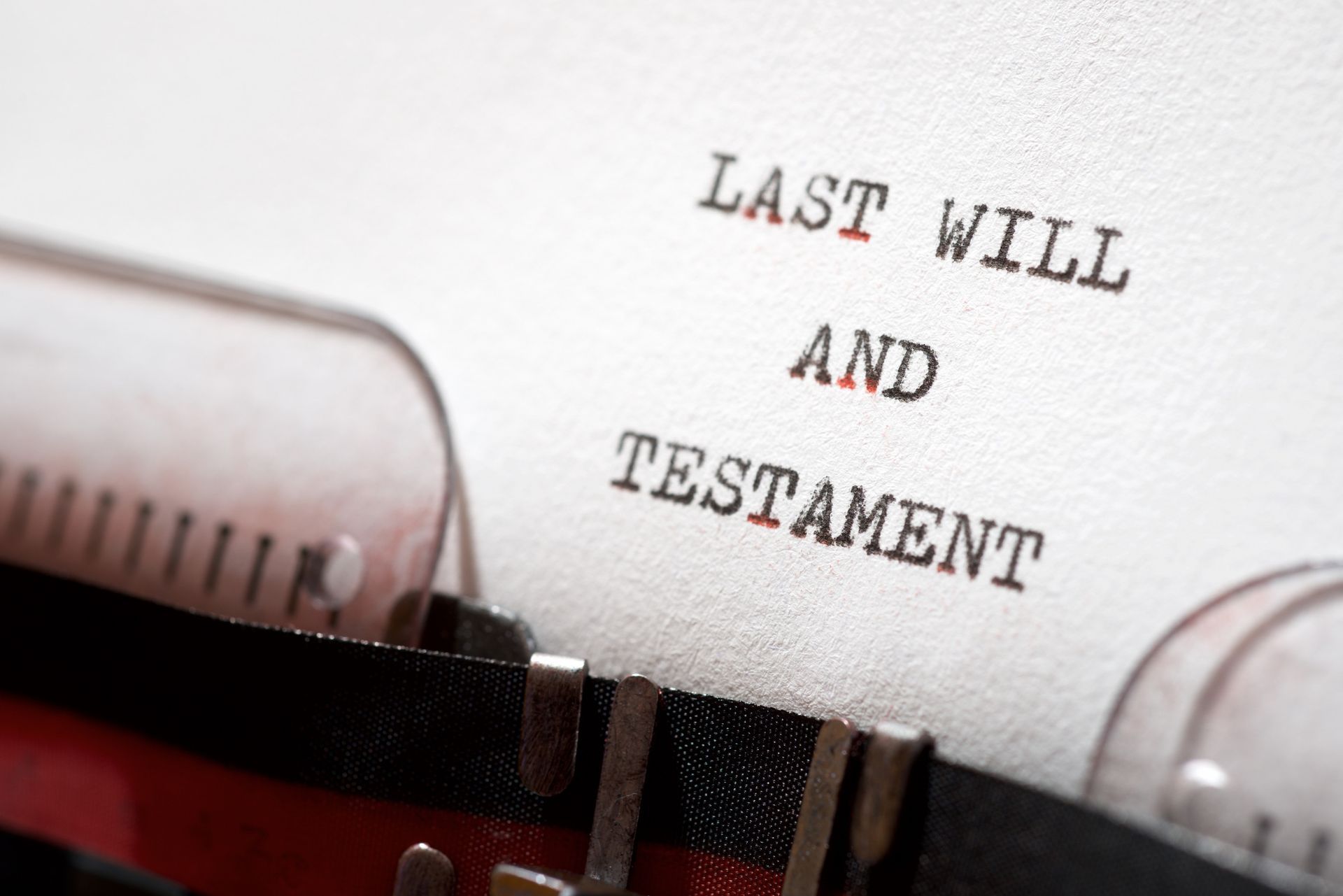Contact Us
Phone: 630-828-5355
Location
1700 Park St
Suite 203
Naperville, IL 60563
Hours
- Mon - Fri
- -
- Saturday
- -
- Sunday
- Closed
Navigating Creditors and Debt Collection in Chapter 13 Bankruptcy
Filing for bankruptcy can be a daunting process, but it can also provide much-needed relief for individuals struggling with overwhelming debt. Chapter 13 bankruptcy is a common option for those looking to restructure their debts and create a manageable repayment plan. However, many people have questions about how this process affects their creditors and debt collection practices. In this blog post, we will explore how creditors are handled during chapter 13 bankruptcy, whether collectors will stop calling you after filing, and who ultimately pays your creditors in this type of bankruptcy.
When you file for chapter 13 bankruptcy, an automatic stay goes into effect. This means that all collection activities by creditors must cease immediately. This includes phone calls, letters, lawsuits, wage garnishments, and other forms of debt collection. If a creditor continues to contact you after you have filed for bankruptcy, they are violating the law and can face legal consequences. It's important to keep detailed records of any attempts at contact so that your attorney can address these violations on your behalf.
While the automatic stay provides immediate relief from creditor harassment, it does not eliminate your debts altogether. In a chapter 13 bankruptcy, you will work with the court to create a repayment plan that spans three to five years. During this time, you will make monthly payments to a trustee who will then distribute the funds to your creditors according to the terms of your plan. This ensures that each creditor receives some form of payment based on their priority level as determined by the court.
One common concern among individuals considering chapter 13 bankruptcy is whether they will still be responsible for dealing with their creditors directly. Fortunately, once your repayment plan is approved by the court, you no longer need to communicate directly with your creditors. All correspondence regarding payments and distribution of funds will go through the trustee overseeing your case. This can alleviate much of the stress associated with managing multiple debts and navigating complex creditor relationships.
It's important to note that not all debts may be eligible for discharge or restructured under chapter 13 bankruptcy. Certain types of debts, such as child support payments, tax obligations, and student loans typically cannot be discharged through this process. However, including these debts in your repayment plan can help make them more manageable over time. Your attorney can help determine which debts are eligible for inclusion in your plan and advise you on the best course of action moving forward.
In conclusion, filing for chapter 13 bankruptcy can provide much-needed relief from overwhelming debt while still allowing you to repay your creditors over time. The automatic stay protects you from creditor harassment while the repayment plan ensures that each creditor receives some form of payment based on their priority level. Once your plan is approved by the court and overseen by a trustee, you no longer need to deal directly with creditors regarding payments. If you are considering chapter 13 bankruptcy in Illinois, consult with an experienced attorney who can guide you through the process and help you achieve financial stability once again.



Schedule a Case Evaluation
Contact us now!
Hours
- Mon - Fri
- -
- Saturday
- -
- Sunday
- Closed
Disclaimer: The information on this website is for general information purposes only. Nothing on this site should be taken as legal advice for any individual case or situation. This information is not intended to create, and receipt or viewing does not constitute an attorney-client relationship.
All Rights Reserved | VW Law | Powered By Convert It Marketing | Privacy Policy
All Rights Reserved | VW Law | Powered By Convert It Marketing | Privacy Policy










